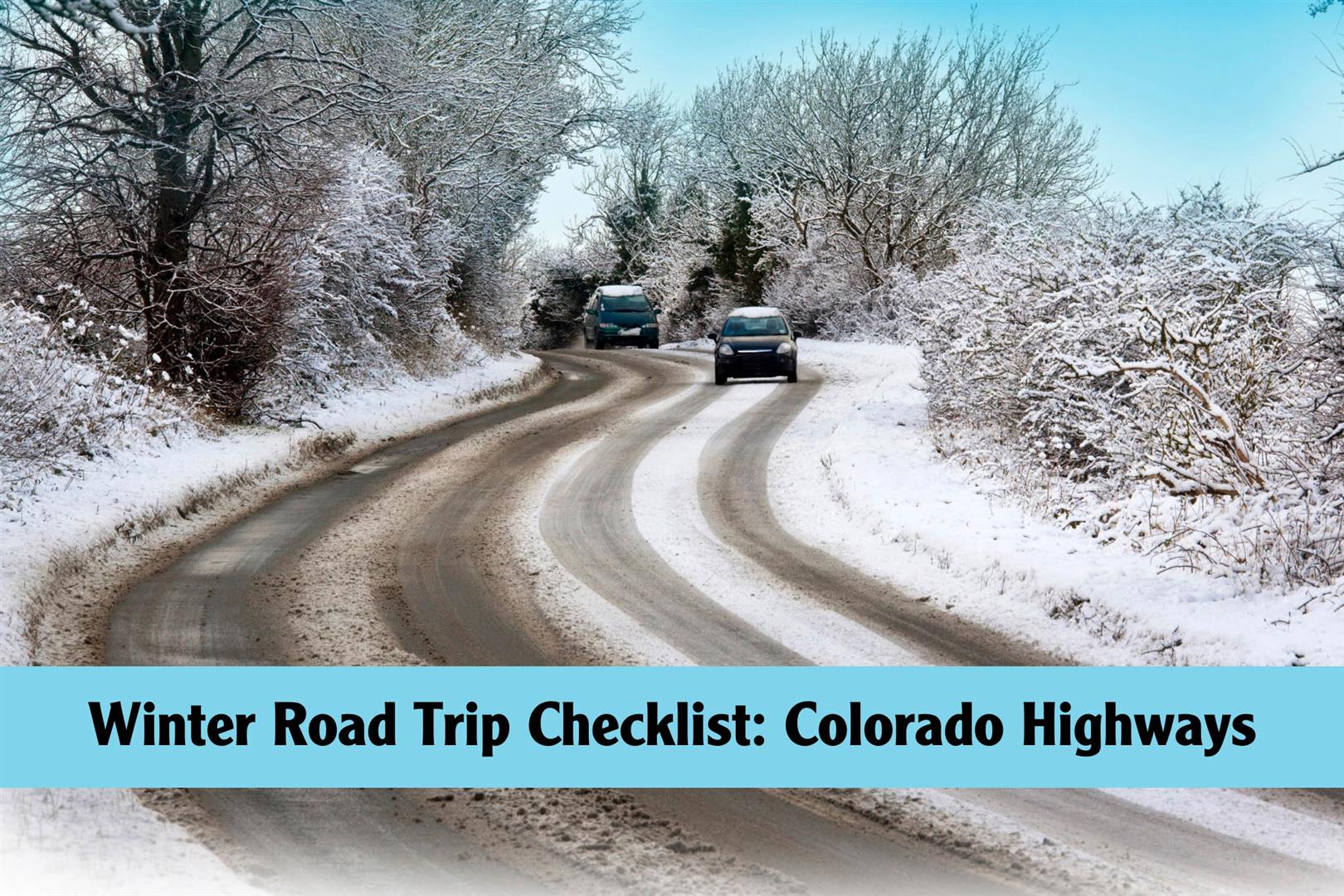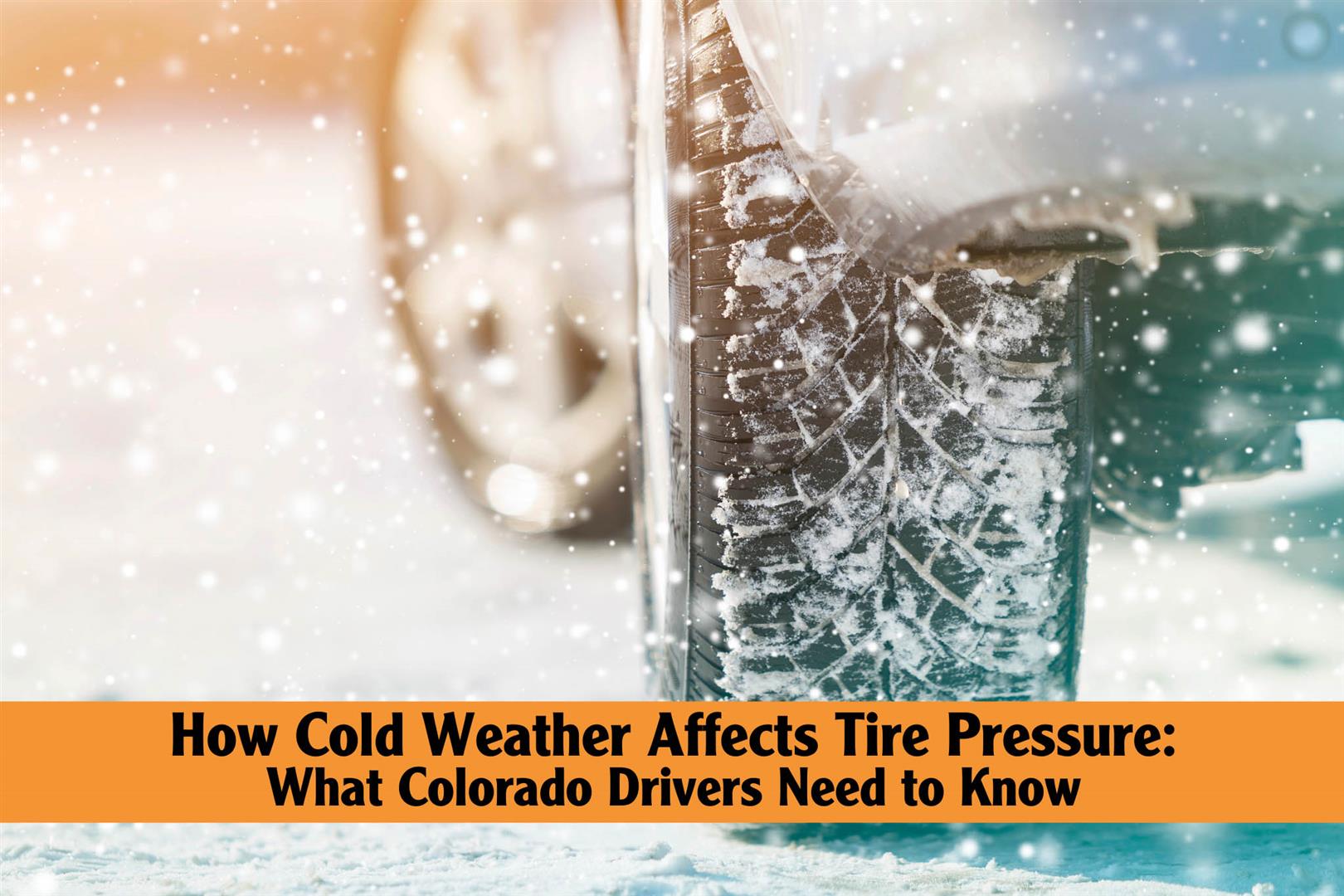Posted on 3/31/2025

Winter in Colorado is no joke—and your car feels it just as much as you do. Now that spring is here, it's time to shake off the snow and salt and get your vehicle ready for warmer, (and often wetter) driving conditions. Here’s a quick checklist to help your car bounce back from winter: Tire Check – Cold weather can mess with your tire pressure and tread. Potholes from melting snow can also knock your alignment out of whack. Brake Inspection – Slush, salt, and grime can wear down your brake pads. If your brakes feel spongy or make noise, it's time to get them checked Suspension & Steering – If your car’s been feeling bumpy or pulling to one side, you might have some winter damage to your suspension. Fluid Top-Offs – Windshield washe ... read more
Posted on 2/12/2025

Hey there, Boulder drivers! John here, your friendly neighborhood mechanic, ready to answer another common car question: How often should I get a wheel alignment? Generally, most vehicles should have their wheels aligned about once a year or every 10,000-12,000 miles. But, as with most car maintenance, the real answer depends on your driving habits and road conditions. When to Consider a Wheel Alignment If you frequently drive on Boulder’s winding mountain roads or hit the occasional pothole, your wheels may get misaligned more quickly. Off-roading in your Tacoma or tackling snowy trails on the way to Eldora? That’s another reason to check your alignment sooner! Here are a few signs it’s time for an alignment: Your car pulls to one side while driving. The steering wheel feels off-center. Uneven tread wear on your tires. You hear unusual vibrations while driving. Why Wheel Alignments Matter A proper wheel alig ... read more
Posted on 2/10/2025

Valentine’s Day is a perfect opportunity for a romantic road trip or a cozy escape to the mountains. Whether you’re planning a drive to Eldora for skiing, a scenic journey along Colorado’s winding roads, or a night out in Boulder, ensuring your vehicle is in top shape will help you focus on making memories instead of dealing with car troubles. 1. Check Fluid Levels Before heading out, take a moment to check your vehicle’s vital fluids: Oil: Clean oil ensures your engine runs smoothly and efficiently. Coolant: Proper coolant levels prevent your engine from overheating, especially on mountain climbs. Windshield washer fluid: A full reservoir of winter-grade fluid will keep your windshield clear from road spray and ice. For added protection and performance, consider our Premium ULTRA Oil Service, which includes BG MOA and BG 44K additives to keep your engine running like new ... read more
Posted on 1/20/2025

Winter in Colorado is breathtaking, but snowy roads and mountain passes can quickly turn a dream drive into a stressful experience. Whether you're heading to Eldora or braving I-70 for a weekend ski trip, being prepared is essential. Here’s your ultimate winter road trip checklist to ensure a smooth and safe journey: 1. Inspect Your Tires Winter tires are a must for Colorado's icy roads. Check your tread depth and tire pressure, as cold weather can cause a drop in PSI. Don’t forget to carry tire chains if you're heading into the mountains—they’re required in certain areas during snowstorms. 2. Check Your Battery Freezing temperatures can drain your car battery quickly. If your battery is more than three years old, consider having it tested. A weak battery in subzero conditions could leave you stranded. 3. Top Off Fluids Make sure your coolant is filled and mixed properly for wint ... read more
Posted on 1/13/2025

When winter arrives in Colorado, the temperature isn’t the only thing that drops – your tire pressure does too! As the mercury falls, the air inside your tires contracts, causing a decrease in pressure. This can lead to reduced fuel efficiency, uneven tire wear, and even safety risks. Let’s dive into why tire pressure matters and how to keep your tires road-ready this winter. Why Does Tire Pressure Drop in Cold Weather? For every 10-degree Fahrenheit drop in temperature, your tires can lose about 1-2 psi (pounds per square inch). For example, a tire properly inflated at 35 psi when it’s 70°F may drop to around 30-31 psi at 20°F. Since Colorado winters often bring significant temperature swings, this change can catch drivers off guard. Low tire pressure impacts more than just your ride comfort. It increases rolling resistance, which means your car has to work harder, lowering fuel efficiency. It also leads to uneven tire wear, shorteni ... read more